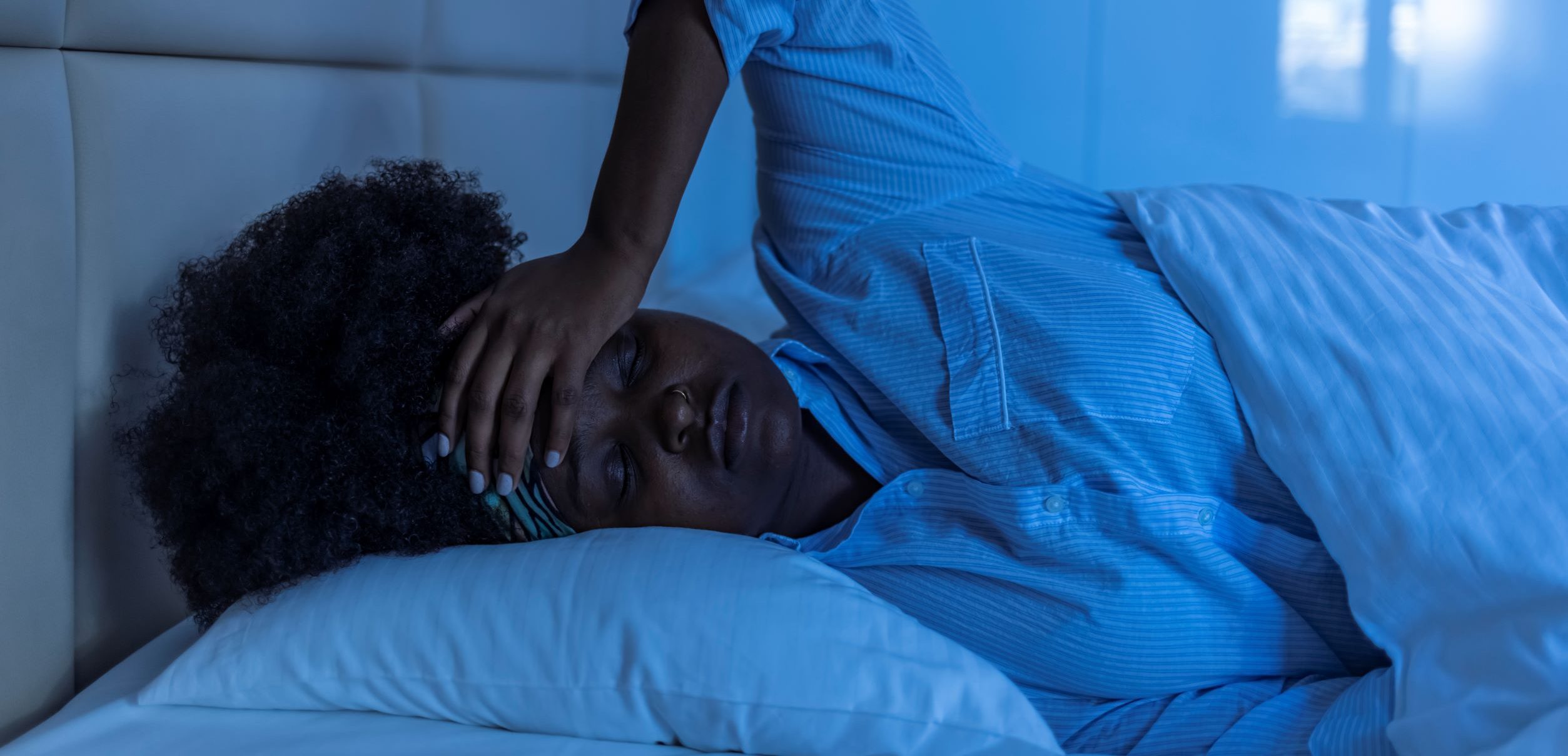<< Back
Are You Getting Enough Sleep? If Not, You Could Be at Risk for These Health Issues

January 19, 2023
How much sleep are you getting every night?
For just about everyone, the answer will vary. All too often, our busy, fast-paced and stressful lives can translate into tossing and turning throughout the night.
“Sleep is so important. It helps with memory, learning, regulating our emotions and the function of our organs, which ultimately helps control our weight and immune system,” says Moshe Zutler, MD, medical director of the Sleep Care Center at The Hospital of Central Connecticut.
> Not getting enough sleep? Connect with a Sleep Care Center
How much sleep should I be getting?
Research shows that adults should get at least seven hours of sleep every night. For teenagers, Dr. Zutler says that number jumps to 10 to 12 hours. Young children should be getting 13 hours of sleep.
But what happens if you don’t get that much? Dr. Zutler says that lack of sleep has been linked to various health issues, which include:
- Increased risk of high blood pressure
- Depression
- Weight gain
- Diabetes
- Heart attack or stroke
“Last year, for the first time ever, the American Heart Association elevated the proper amount of sleep to its list of the eight essential factors to improve cardiovascular health. This was a really big deal because it shows just how important sleep is to living a heart healthy lifestyle,” says Zutler.
I’m not getting enough sleep – now what?
“If you are getting eight, nine or even 10 hours of sleep a night and still waking up tired or tossing during the night, there may be an underlying medical condition. We sometimes see patients with obstructive sleep apnea, restless leg syndrome, insomnia or other conditions disrupting your quality of sleep. Anyone experiencing these sleep related health issues should talk to their doctor,” says Dr. Zutler.
Whatever the culprit is, don’t lose any more sleep over it – the experts at your local Sleep Care Center can help.
“There are many things like nasal congestion, heartburn and excessive alcohol or nicotine use that can interfere with proper sleep and all of them are treatable,” says Dr. Zutler. “If we discover any issues like snoring or breathing difficulties, we may recommend a sleep study in our overnight sleep lab or even a home sleep study to get a better idea of what’s going on and treat the issue accordingly.”